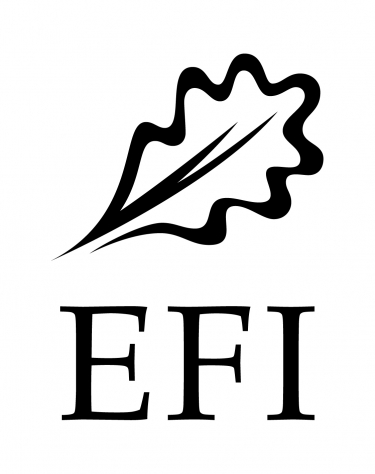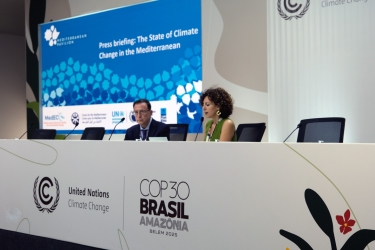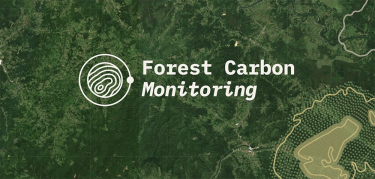Building sustainability and resilience across the Arctic
August 1, 2020 saw the launch of the ArcticHubs project, a four-year initiative funded as part of the EU’s Horizon 2020 programme.
The Arctic today faces extraordinary pressures, with globalisation and climate change combining to drive change at an unprecedented rate. The opening up of new economic sectors, including mining and mass tourism, alongside the industrialisation of many traditional livelihoods, such as fishing and forestry, are driving land use conflicts between competing sectors, and producing profound transformations on lives and communities at the economic, socio-cultural, political and environmental levels.
The ArcticHubs Project is an ambitious, multi-disciplinary international collaboration that aims to develop research-led, practice-based solutions to the urgent challenges faced in the Arctic.
The EFI Forest Policy Research Network, coordinated by the University of Natural Resources and Life Sciences (BOKU) in Vienna is involved in the ArcticHubs project.
Project description
ArcticHubs brings together 22 partners in eleven different countries all around the Arctic region, from Canada to Russia. Its partners are drawn from universities and research institutes; the NGO, public and private sectors; and civil society.
At the heart of the project’s pioneering approach are the 22 ‘hubs’ – representative locations across the Arctic, where participatory and collaborative methodologies will be employed to observe the impacts of economic activities, and to build solution-orientated tools for reconciling new economic opportunities with traditional livelihoods and solving land-use conflicts between different sectors.
The ArcticHubs project will work with local, national, regional and global stakeholders, including Arctic communities, industrial stakeholders, policy makers and others, to make a major contribution to the long-term sustainability and resilience of the region – its environment, communities, and new and existing industries and livelihoods.
Key outputs of the project will include tools for building collaborative and consensual approaches to land and resource use. Tools such as public participatory geographical information systems, guidelines for ‘social licence to operate’, and the building of future scenarios for the Arctic, will be trialled and implemented in collaboration with stakeholders in the 22 hubs. In addition to ‘fish farming’, ‘forestry’, ‘tourism’, ‘mining’ and ‘indigenous’ hubs inside the Arctic, four external ‘learning’ hubs, located in Canada, Austria and Italy, will provide points for comparison and control with the Arctic cases.
Read more from the original press release here.


